In a TikTok post, Fidesz MEP Andras Laszlo, sharply criticized Brussels over the potential applications of the European Union’s Article 7 procedure, referencing Austria’s case.
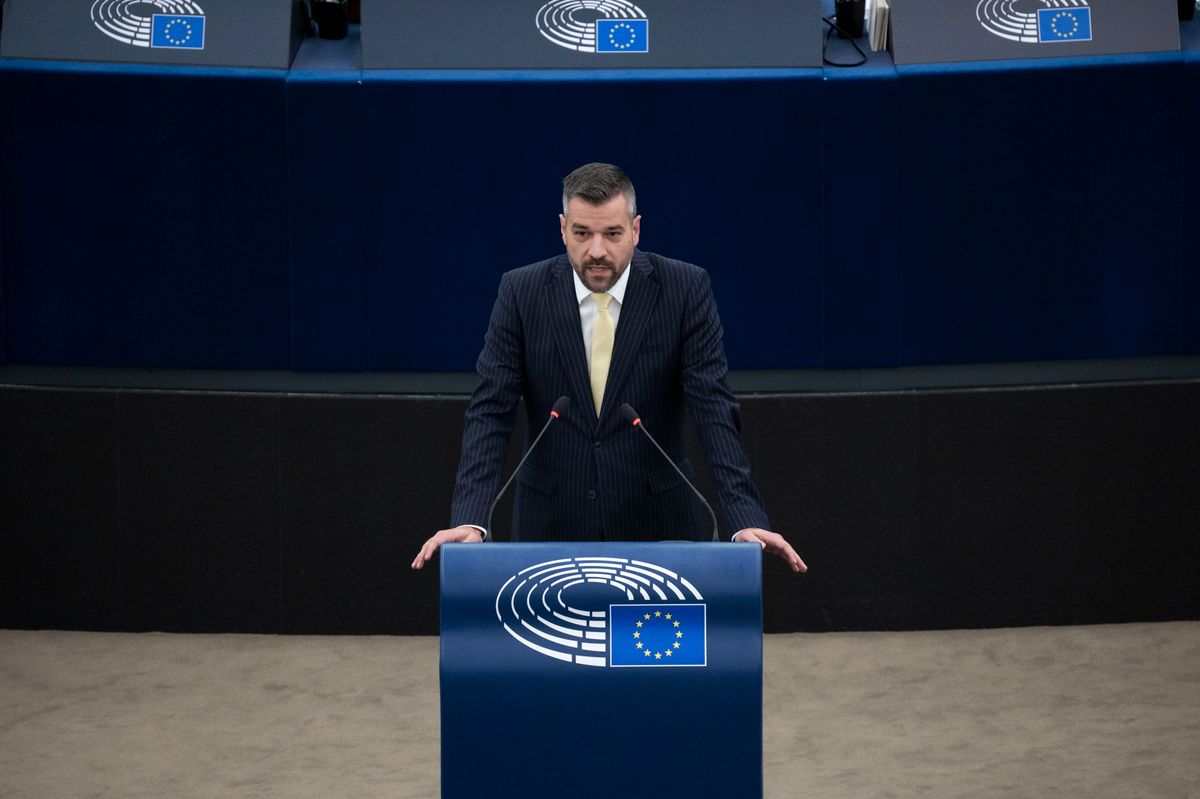
According to the post, the EU – citing an article by Politico – unjustifiably seeks to initiate an Article 7 procedure against Austria, even before any specific violation of the law has occurred.
Brussels Loves to Penalize
The central message of the post is that the EU initiates such procedures out of bias against right-wing governments, regardless of the actual state of the rule of law.
Andras Laszlo's argument rests on the following points:
- No Legal Violation: Austria has not yet formed a new government, passed any new laws, or violated any existing ones. Therefore, there are no concerns regarding the rule of law that would justify an Article 7 procedure.
- Political Motivation: The post claims that fear of right-wing governments motivates the EU to initiate Article 7 proceedings. Comments by an unnamed EU diplomat, suggesting the move would serve as a warning to France in the case of Marine Le Pen, also support the MEPs claim.
- Blackmail: Andras Laszlo interprets the initiation of Article 7 proceedings as an act of blackmail by Brussels, aimed at punishing right-wing governments.
- Parallels with Hungary: The post implies that Hungary has experienced similar treatment under the Article 7 procedure—politically motivated and unrelated to the actual state of the rule of law in the country.
In Brussels they are so scared of right-wing governments that they would deploy any means to thwart them, regardless of whether a government coalition has even been formed yet. That is precisely why we will not yield to Brussels's blackmail, because their concept of democracy dictates that if right-wing parties win or a right-wing government is formed somewhere, it must immediately be punished. We will not let this happen,
the Hungarian MEP concluded.
Cover photo: Ursula von der Leyen, president of the European Commission, delivers a speech at the European Parliament’s plenary session in Strasbourg on December 18, 2024. (Photo: AFP)
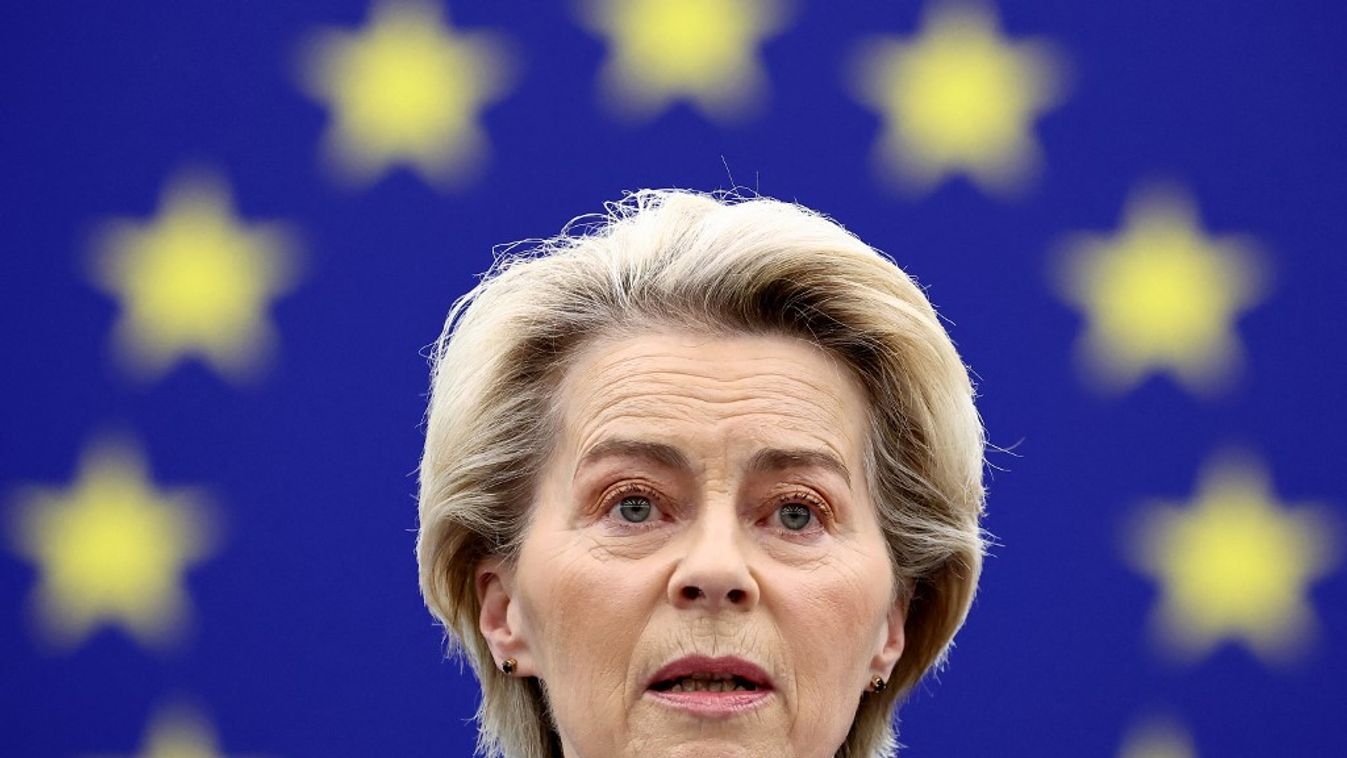

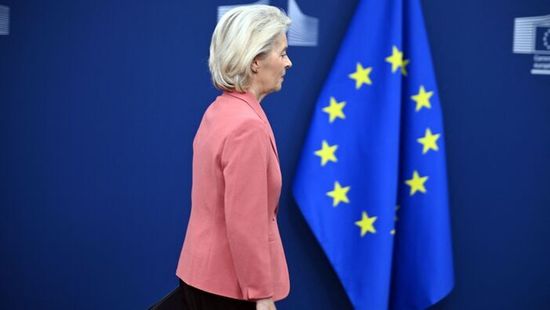

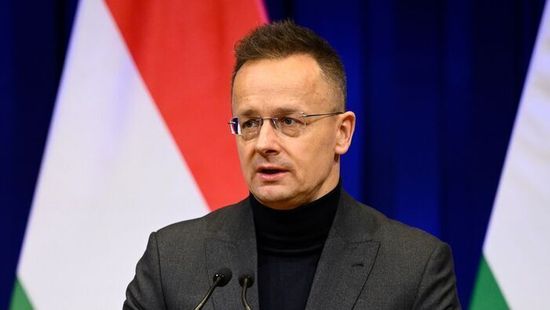




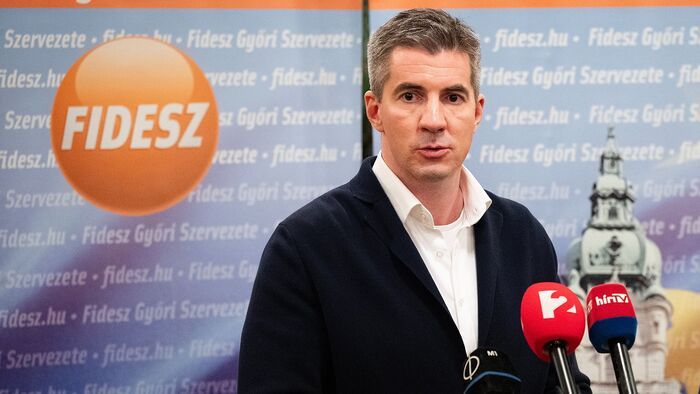

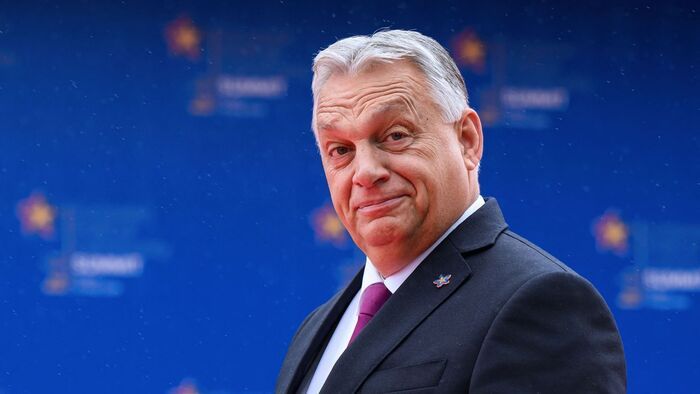
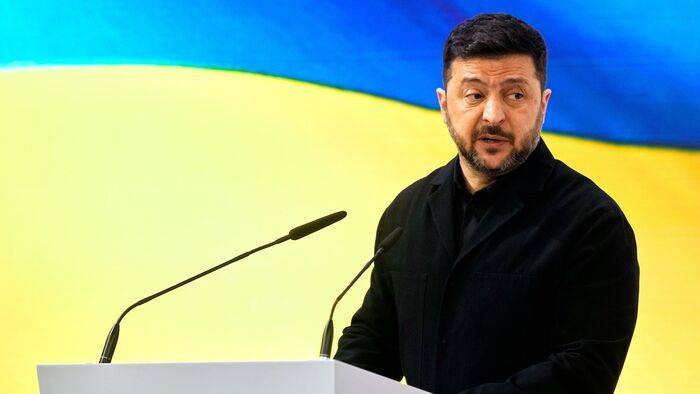
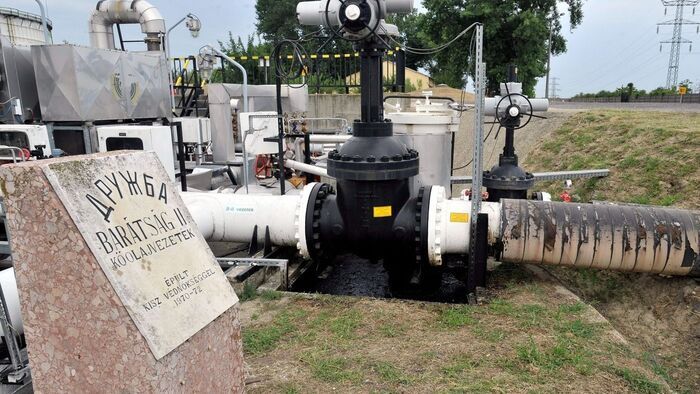

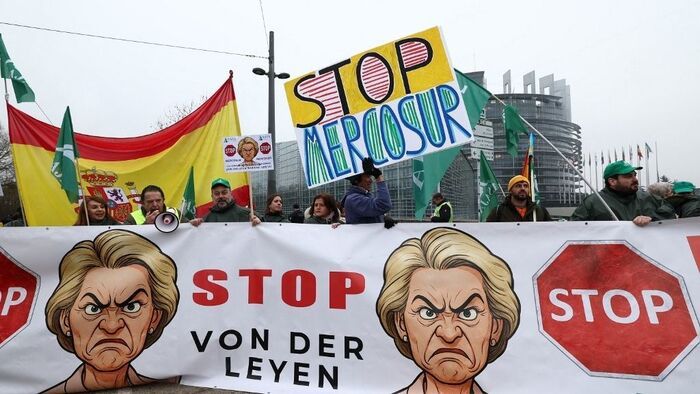
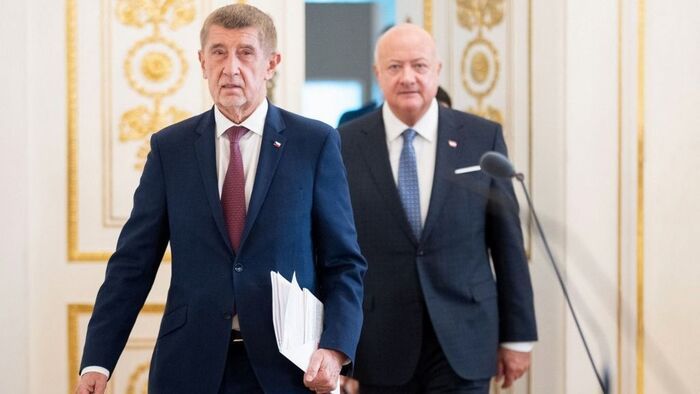
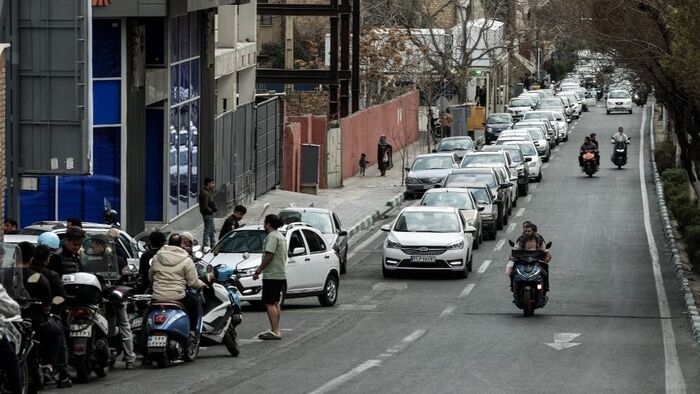





Szóljon hozzá!
Jelenleg csak a hozzászólások egy kis részét látja. Hozzászóláshoz és a további kommentek megtekintéséhez lépjen be, vagy regisztráljon!